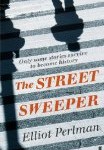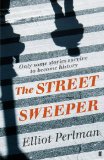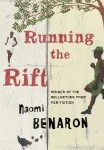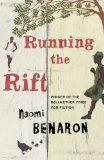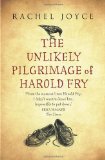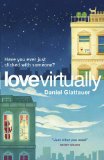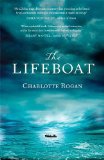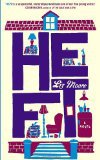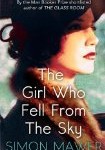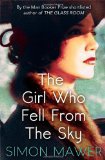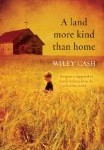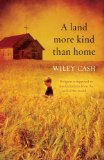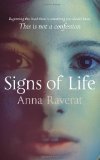Five words from the blurb: history, Holocaust, relationship, civil-rights, New York
The Street Sweeper is my favourite book of the year so far. It contains everything I love to see in a book: fantastic characters, new information, thought-provoking questions, lots of emotion, and a satisfying plot.
The book begins with Lamont Williams leaving prison after serving a sentence for a crime he didn’t commit. He finds work as a hospital cleaner in New York and befriends an old man on the cancer ward. Lamont discovers this man is a Holocaust survivor and through numerous conversations he learns about what he went through all those years ago.
Inter-weaved with this story is that of Adam Zignelli, a history professor, who is looking for a new field of research. He decides to find out whether or not black Americans soldiers were present during the liberation of Dachau. This leads to some interesting comparisons between the black Americans seeking racial equality and the Jews persecuted in Europe.
The Street Sweeper covers many different subjects, but the overriding theme is that of history and how easily it can be forgotten.
‘History can provide comfort in difficult or even turbulent and traumatic times. It shows us what our species has been through before and that we survived it. It can help to know we’ve made it through more than one dark age. And history is vitally important because perhaps as much as, if not more than biology, the past owns us and however much we think we can, we cannot escape it. If you only knew how close you are to people who seem so far from you…it would astonish you.’
It also makes important points about how we remember the biggest events, but smaller ones are no less important, especially to those personally involved.
This book isn’t perfect. I occasionally felt that these messages lacked subtlety and key points were repeated too often, but I’m willing to forgive these as the rest of the book was so impressive.
I should warn readers that some of the Holocaust scenes were very disturbing, but I think it is important to fully understand what happened. Despite having read a number of books on the Holocaust, The Street Sweeper, looks at things from a slightly different angle (that of the Sonderkommando) and I found that most of the information was new to me.
At 550 pages long this book isn’t a quick read, but I never became bored – I was captivated from beginning to end. I was concerned about how all the different threads of the story would tie up at the end, but I shouldn’t have worried – the ending was perfect.
This book flies straight onto my list of all-time favourites. The world would be a better place if everyone read this book and understood its important message.
Highly recommended.

.
The thoughts of other bloggers:
I have learnt so much from this novel, and I already know I’ll never forget it. Book Monkey
This is a book which requires, almost demands, rereading, both for an understanding of its dense subject matter and to fully understand the intricate plotting of a novel which is almost Victorian in scope. Tony’s Reading List
Elliot Perlman’s latest novel had me so absorbed, I just didn’t want to stop reading. ANZ Litlovers Litblog
